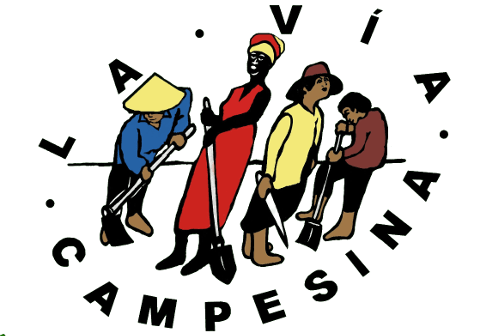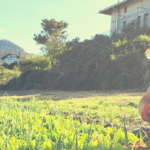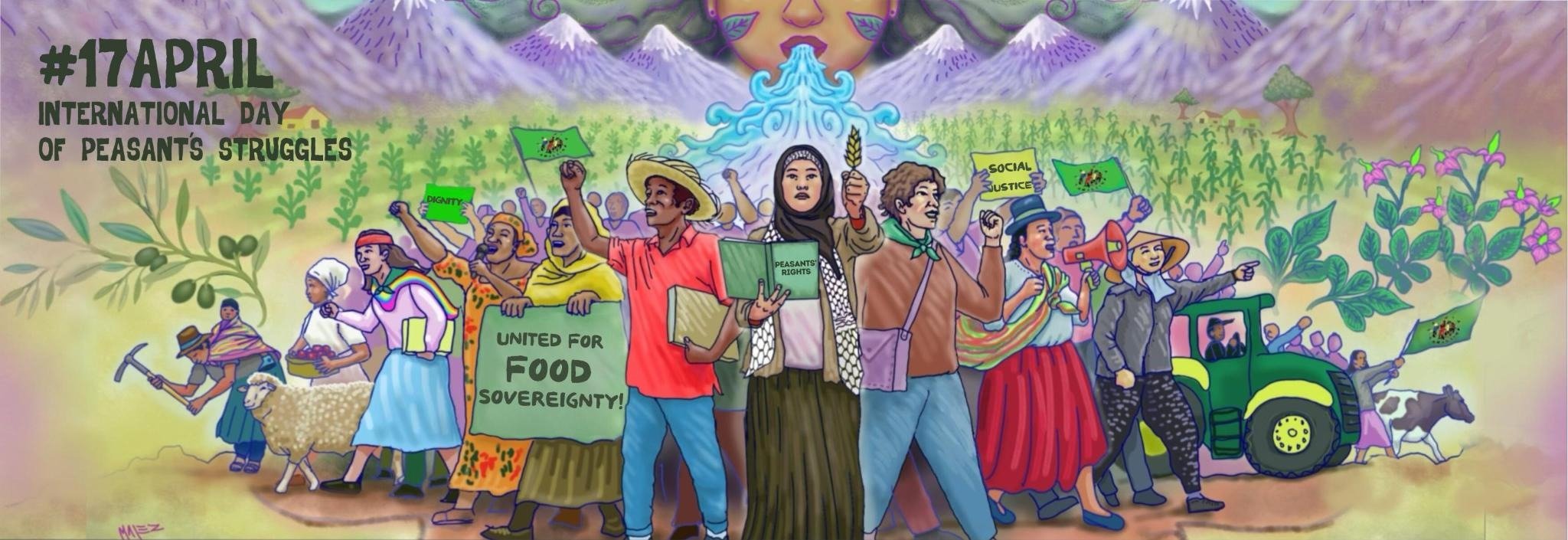Brussels, 25 April 2024 | European Coordination Via Campesina (ECVC)
The European Parliament confirmed yesterday its support for the deregulation of patented GMOs/NGTs, and opened the door to their dissemination without any traceability through the regulation on seeds marketing.
On 24 April 2024, all MEPs voted on two files that are absolutely essential for peasants’ rights on seeds and the future of European agriculture, in particular the GMO-free agricultural sector and peasant agroecology.
First of all, ECVC strongly condemns the vote in favour of the proposal to deregulate GMOs obtained with new genomic techniques (NGTs), which aimed to consolidate the Parliament’s position adopted in February 2024 before the European elections. In several open letters to MEPs , ECVC had denounced that it was unacceptable for the European Parliament to consolidate its position, while many key issues remained unresolved: extension of the scope of patents covering NGTs to traditional seeds, violation of the precautionary principle, negative opinions by several European agencies*, Commission’s impact study on patents and EFSA opinion still to be published, etc.
Today, the European Parliament has demonstrated its lack of integrity by approving this proposal without this essential information, despite the numerous inquiries of peasants’ organisations and GMO-free agricultural sector. This position of Parliament, which is based on empty promises on traceability, labelling and patentability of NGT plants , is unacceptable for small farmers in Europe, as any deregulation of patented GMOs would threaten their rights to preserve, use and exchange their own seeds, as well as the possibility of continuing to produce GMO-free.
Secondly, on the second vote on Parliament’s agenda on seeds (plant reproductive material (PRM) , all MEPs confirmed the majority of the amendments approved by the Agriculture Committee in March 2024. ECVC welcomes these changes to the Commission’s original text***, in particular concerning the right of farmers to exchange PRM in the context of their agricultural production without this activity being considered as marketing, unfortunately in quantities that are too restrictive. This is a first victory for peasant organisations, which have been struggling for decades for peasant seed systems to be recognised in European law.
However, on several key points, the Parliament, responding to the claims of the European seed industry, did not hear peasants’ demands, in particular by:
- Refusing to maintain the current opt-out clause (amendments 322, 330) allowing Member States to prohibit the cultivation on their territory of varieties that may harm health, the environment, or traditional agrarian systems.
- Despite the improvements adopted, farmers who exchange PRM with other farmers will continue to be subject to the plant health standards of seed marketing, which are incompatible with their practices, and not just to the standards of agricultural production.
- Opening the market to heterogeneous material or conservation varieties covered by patents, thus suppressing the right of farmers to use seeds from their own harvest, without guaranteeing any information on the existence of such patents.
- Authorizing the appropriation by seed companies of traditional peasant varieties, on the pretext that these varieties have never been officially registered, thus prohibiting peasants who have always cultivated and preserved these varieties from continuing to use their denomination.
- Finally, refusing to regulate herbicide-tolerant varieties.
ECVC will remain mobilized to obtain the rejection of the draft GMO/NGT Regulation, the improvement of the draft Regulation on PRM, and the implementation of peasants’ rights on seeds as the trilogue negotiations continue.
*Approved with 336 votes in favour, 238 against and 41 abstentions.
** ANSES in France, the Federal Agency for Nature Conservation in Germany and the Food Chain Risk Assessment Centre in Bulgaria.
*** See our voting recommendations (16/04/2024).








